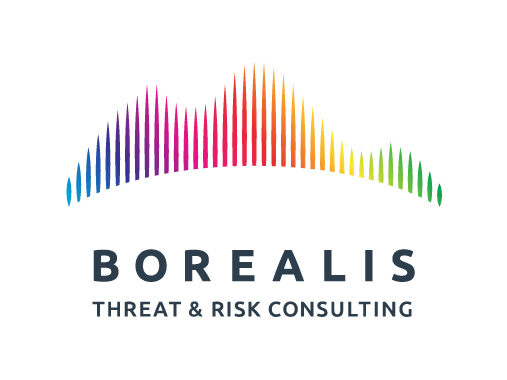This piece first appeared in The Epoch Times Canada on March 23, 2014.
On the surface, Canada and Sweden have a lot in common. We are both northern nations used to cold, snowy winters. We are both hockey mad. And we are both normally associated with liberal-ish political systems that are open, democratic, generally immigrant friendly, and often seen as a haven for those fleeing oppression and terrible living conditions abroad.
And we are both nations which have been the target of Islamist terrorist attacks. In April 2017, an ISIS wannabe drove a truck into a crowd in Stockholm, killing five and wounding 14. We of course have had several ISIS-inspired attacks in Ontario and Alberta, and several foiled ones thanks to the efforts of CSIS and the RCMP.
We also share the ignominy of seeing our citizens leave our lands to join terrorist groups abroad such as ISIS, Al Qaeda, and Al Shabaab. The Swedish Security Service (SAPO, their version of CSIS) estimates that approximately 300 Swedes went to join ISIS: the figure in Canada is not as easy to obtain but is probably in the low dozens.
Here is where we part company, in a way. The Swedish foreign minister has said that the government will not help its citizens held in ISIS camps in Syria to return home (these are actually detention camps of ISIS terrorists established by Syrian authorities). The Canadian response? Well, typically, a little of this and a little of that, wishy-washy, middle of the road, keen to not “offend” anyone. You know, very Canadian.
In 2020, in response to Human Rights Watch report claiming 47 Canadians are living in deplorable conditions at overcrowded camps with a lack of sanitation, contaminated drinking water, and poor access to health care (“The lives of Canadians are on the line, and the time to bring them home is now,” its author said), our prime minister replied that his government will “support Canadians in difficulty overseas,” but added that repatriating Canadians with alleged terrorism ties is “more complicated.”
So Canadian. We’ve even had groups try to sue the government into bringing back ISIS terrorists (an Ottawa judge ruled the feds had to do so in a case dubbed ‘BOLOH, or Bring Our Loved Ones Home). Fortunately, the Federal Court of Appeal found that the government does not have a positive obligation, under charter-guaranteed mobility rights, to repatriate these jihadis. The case is now in limbo.
Where does this leave things? First, a few facts are necessary.
1. These people—with the exception of the children (more on that in a bit)—joined ISIS on purpose. They were not duped, coerced, or press-ganged into doing so. For them to claim otherwise is historical revisionism.
2. They still pose an indeterminate threat to Canadian national security. By indeterminate I mean it is not possible to say with any confidence whether they will carry out any action here in the name of ISIS (or following instructions to do so), how long they will remain a threat, or whether they will indoctrinate others to follow in their footsteps.
3. Prosecuting them here will be very difficult. Proving they were a “member” of ISIS is fraught with challenges (I doubt they are carrying ISIS loyalty cards) and the evidence and witnesses to their crimes are all over in Iraq and Syria (and unlikely to be brought her to testify). Hence, the trials should be held where their crimes were committed and where local victims can see justice to be done.
4. To date, the record on making these people pay for their actions is deplorable: a few peace bonds here and there. The chances of serious accountability are low.
5. We really need to stop referring to these terrorists as “victims.” The real victims are the Yazidis made into sex slaves, the people beheaded, drowned, and burned alive, and all those who suffered under the so-called “caliphate” created by ISIS.
There is a case to be made for the repatriation of children, however. When this is raised we often hear the retort that kids are best off with their moms and dads. And if mom and dad are diehard terrorists? Do we leave kids with abusive parents? No, we do not; we place them with other family members or in state care. Why should ISIS offspring be any different? Best to get them away from their parental influence before they too become jihadis.
It is not surprising to me that a government that is clearly not interested in national security and public safety is struggling with this file as well. It needs to ignore the emotional appeals that cite the horrific conditions of the camps in Syria (Canadians are in that hellhole because they elected to join ISIS, not because their dream vacation took a wrong turn). As they say in Starfleet (yes, I am a “Star Trek” nerd), the needs of the many outweigh the needs of the one (or few). Canadians deserve to be protected.
Maybe it is time we look more carefully at what our Swedish counterparts are doing and import their approach (rather than just their best hockey players).

